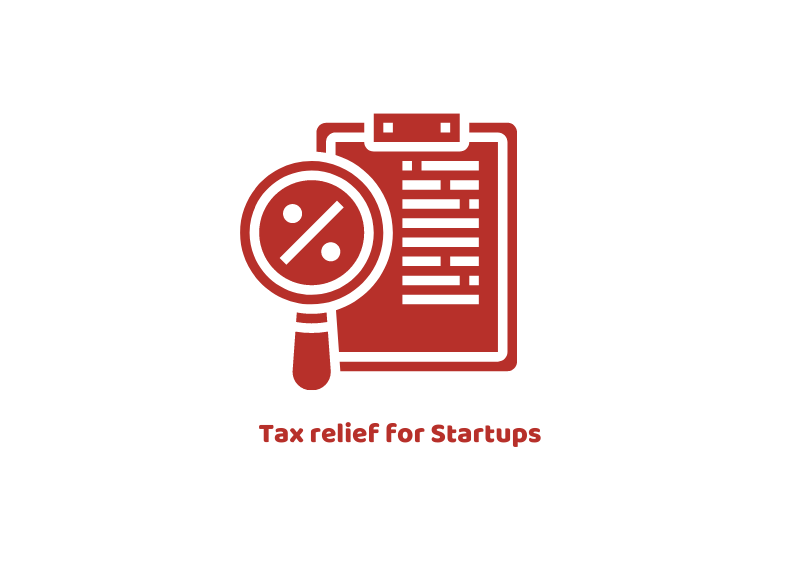As long as HMRC can be satisfied that a business is being run on a commercial basis with a view to making a profit, they will usually allow taxpayers to claim tax relief for a trading loss in one tax year against other taxable income (for example PAYE income or a pension) from the same year, or the preceding year. This can be quite beneficial as the claimant can choose which year to claim the losses against. However, HMRC will usually restrict loss relief claimed by individuals who carry on trade but spend an average of fewer than ten hours a week on commercial activities.
Early days
The provisions for tax relief on business losses can be particularly useful in the early years of trading. Broadly, this is because a loss incurred in any of the first four tax years of a new business may be carried back against the total income of the three previous tax years, starting with the earliest year. Therefore, if tax has been paid in any of the previous three years, the taxpayer should be entitled to a repayment of tax, which may be especially welcome in those often difficult first few years of running a business.
The rules for this carry back stipulate that the maximum amount of the loss must be offset each year – it is not permissible to offset just a proportion of the loss to spread the loss across three years to take advantage of beneficial tax rates. Again, relief will not be available unless the taxpayer was trading on a commercial basis to make a profit within a reasonable timescale. In practice, this requirement may be difficult to prove in the case of new business and the taxpayer may need a viable business plan to support a claim.
Cap on relief
A cap now restricts certain previously unlimited income tax reliefs that may be deducted from income. Trade loss relief against general income, and early trade losses relief, as outlined above, are two areas where this restriction might apply. The cap is set at £50,000 or 25% of income, whichever is greater. ‘Income’ for the purposes of the cap is calculated as ‘total income liable to income tax’. This figure is then adjusted to include charitable donations made via payroll giving and to exclude pension contributions – the adjustment is designed to create a level playing field between those whose deductions are made before they pay income tax and those whose deductions are made after-tax. The result, known as ‘adjusted total income’, will be the measure of income for the purpose of the cap.
The cap applies to the year of the claim and any earlier or later years in which the relief claimed is allocated against total income. The limit does not apply to relief that is offset against profits from the same trade or property business.
No need to lose out
Where a loss is made in a tax year, but the trader does not have any other income against which it can be set, the loss can be carried forward indefinitely and used to reduce the first available profits of the same business in subsequent years.
Finally, losses arising from a business may be set off against any chargeable capital gains. Relief may be claimed for the tax year of the loss and/or the previous tax year. However, the trading loss first has to be used against any other income the taxpayer may have for the year of the claim (for example, against earnings from employment) in priority to any capital gains.





















































